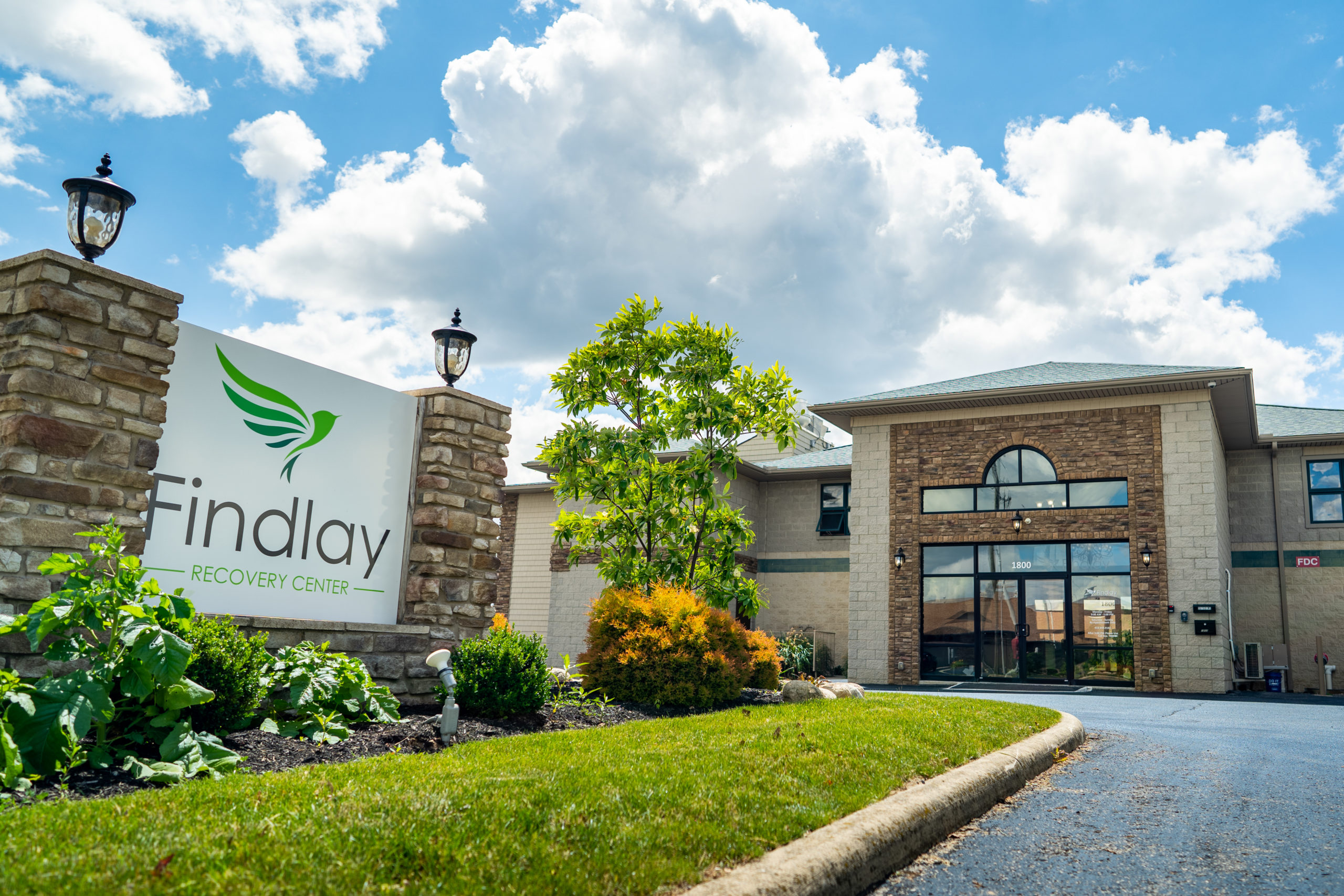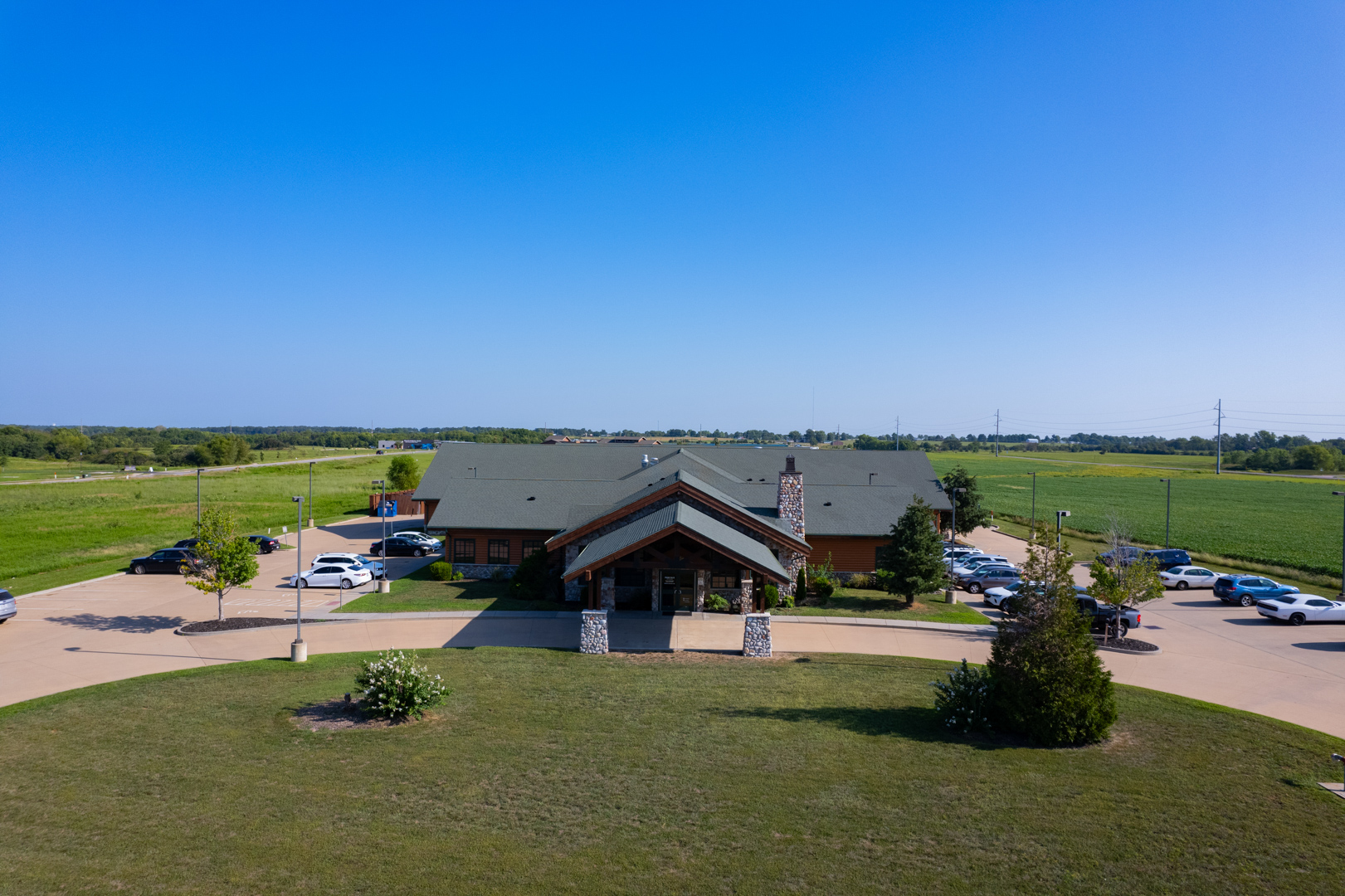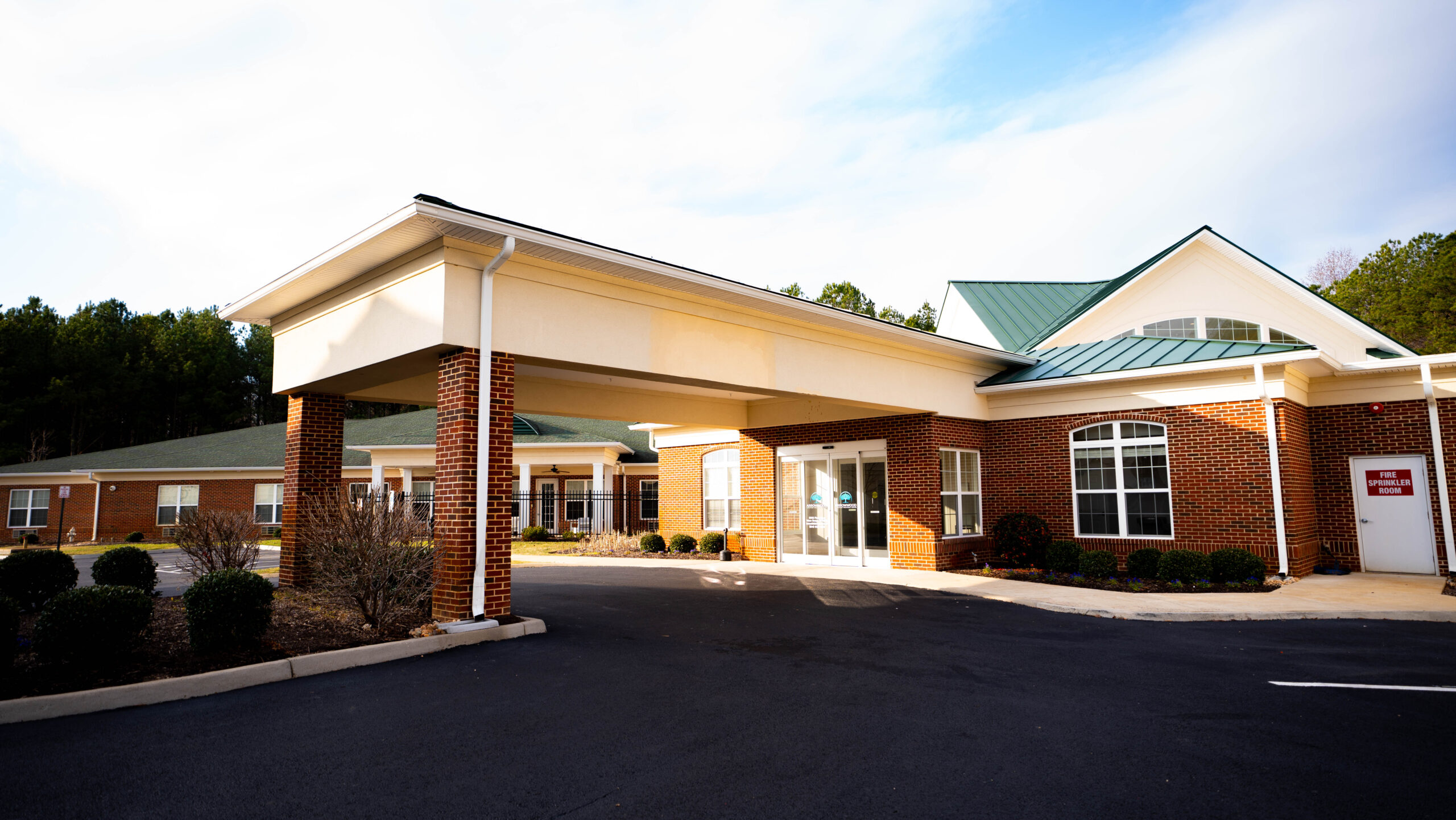Frequently Asked Questions
At our addiction treatment centers, we understand that seeking help for addiction can be overwhelming and confusing. That’s why we compiled a list of frequently asked questions to provide clarity for those considering treatment. We recognize that every individual’s situation is unique, and we strive to provide personalized care to each and every one of our patients. Our team of professionals is here to guide you every step of the way towards a successful recovery. So whether you are seeking help for yourself or a loved one, we are here to answer any questions you may have and provide the support you need to overcome addiction.
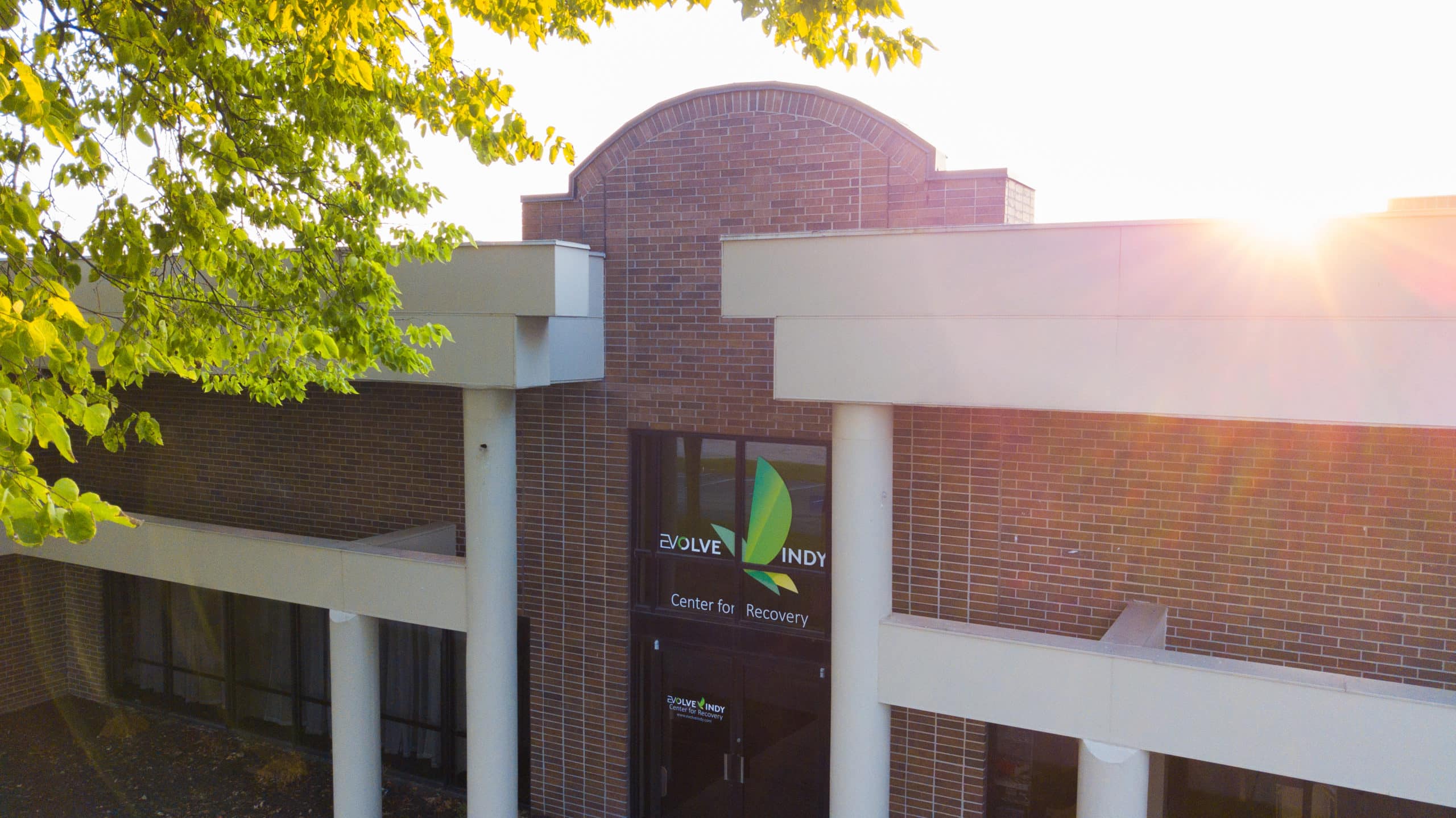
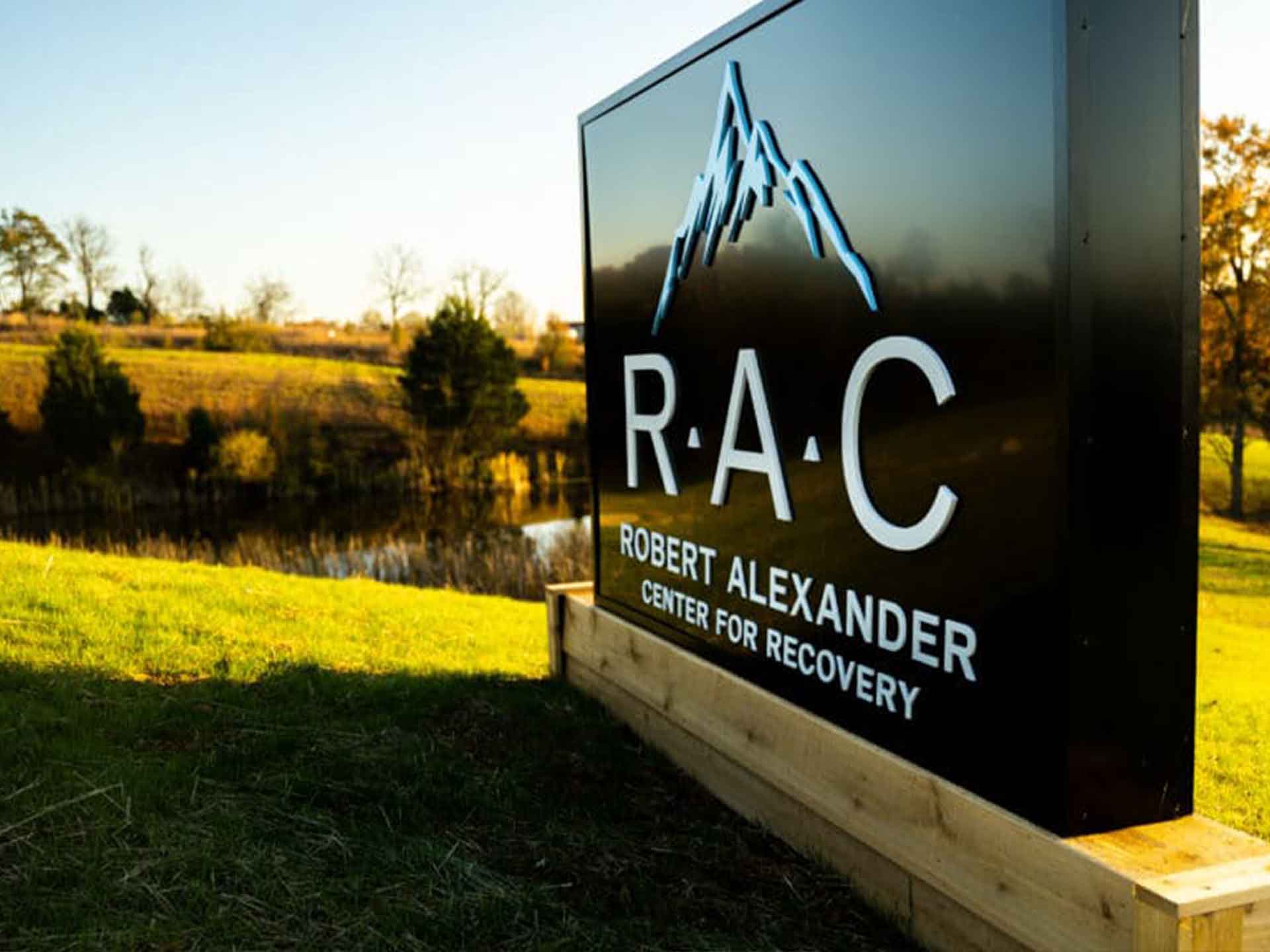
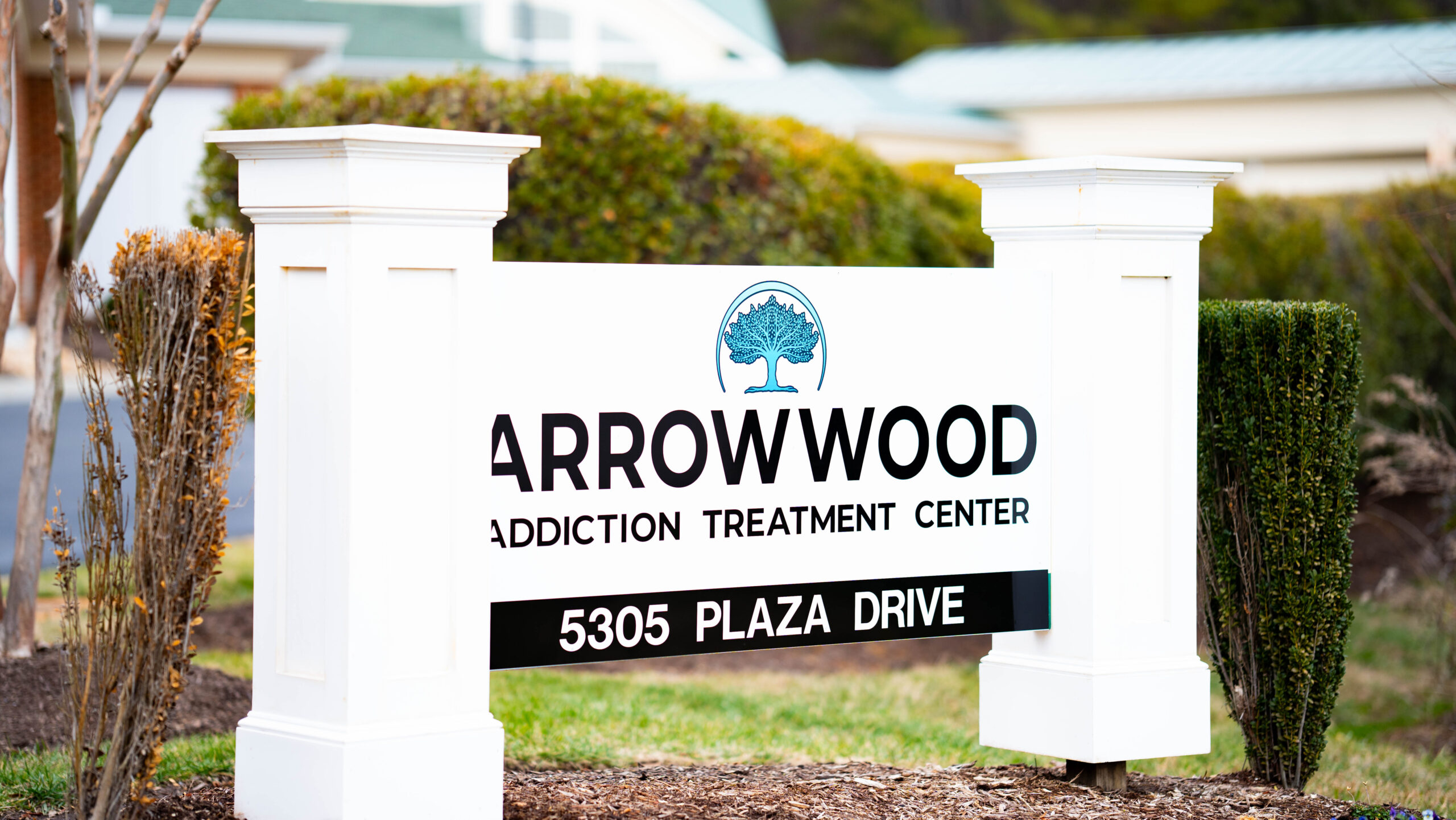
FAQs
What Can I Expect When I Enter Treatment?
Whether you are entering our inpatient, outpatient, IOP, partial hospitalization program, or others, you can expect the same high-quality care. We create a compassionate and warm environment filled with professional, caring staff.
How Do I Know If My Loved One Needs Rehab?
As a loved one’s addiction worsens, individuals often neglect family and friends out of guilt or shame, or because they are too intoxicated. They are also more likely to spend time with others who are also abusing substances. If you are seeing signs like these, as well as physical and personality changes, it is time to get help.
What Makes Impact Different?
Our experienced staff knows that there is no one-size-fits-all approach to treating addiction. We approach addiction treatment knowing that every client needs a personalized treatment plan.
What are the Staff Like?
Each Impact location has a professional staff who is dedicated to each client and their journey of recovery. Through our personal experience, we can help you recover.
Inpatient vs. Outpatient: Which is Right for Me?
Where other differences exist, the most significant difference between inpatient residential addiction treatment and outpatient treatment is that inpatient programs require you to remain on-site at the facility throughout the course of your treatment program. Residential or inpatient treatment programs often provide various treatment options, services, and amenities that intensive outpatient programs do not. Because patients are required to live at the facility during their treatment, inpatient programs provide housing, meals, medical care, nutritional services, and recreational opportunities for you to take advantage of during your treatment.
Intensive outpatient programs allow patients to remain at home while receiving treatment. Outpatient programs are generally less expensive than inpatient programs and provide increased flexibility in treatment scheduling. The biggest challenge you may face when choosing intensive outpatient treatment is the fact that you remain at home throughout treatment. For some, this ongoing exposure to the triggers and situations that led to and furthered addiction may contribute to relapse.
How Does Addiction Affect the Family?
Two of the most common ways that substance addiction affects the family are financial and the loss of relationships impacted by addiction. Young, old, close, or distant, virtually any member of an addict’s circle can be (and often are) adversely affected by addiction. Family members, friends, co-workers, and community members all watch as their loved one changes. Trust is frequently compromised as moods and behaviors change. Arguments and hostility typically become standard elements of communication. Family members often search for ways to cope with the unpredictable behavior of their loved ones. These coping mechanisms sometimes turn into codependency symptoms, and all too often, family members fail to realize they are actually enabling their loved one’s self-destructive behavior in an effort to try and help them.
Our Locations
Top-Rated Addiction Treatment Centers
⭐⭐⭐⭐⭐
Findlay Recovery Center
Located in the heart of Findlay, Ohio, the Findlay Recovery Center is a leading addiction treatment facility that has been providing comprehensive care and support to individuals struggling with addiction for over a decade. We handcraft individualized treatment plans for each client to maintain sobriety for a lifetime. Find lasting, sustainable recovery from drug & alcohol abuse at our top-rated Ohio rehab center.
Robert Alexander Center For Recovery
The Robert Alexander Center for Recovery is a drug & alcohol rehab program in Kentucky that offers an evidence-based, personalized, and supportive treatment to each and every client that comes through our doors. Our focus is on the individual. We craft unique treatment plans for each client to ensure long-term success in recovery from substance abuse.
Grand Falls Center For Recovery
Grand Falls Treatment Center is located in Grand Falls, Missiouri. We offer a one-of-a-kind addiction treatment experience, rooted in an evidence-based, client-focused approach. We combine detox services with psychological therapy and support to give patients the comprehensive support they need to overcome their addiction. This evidence-based treatment program helps people rebuild their lives.
Impact Outpatient Program
Impact Outpatient Program is here to help you heal from the disease of addiction at our outpatient treatment center. Impact IOP is located just minutes from Louisville, Kentucky, in the heart of Mount Washington. We use evidence based treatment for individualized treatment plans for each client. Find hope of a life worth living with Impact Outpatient Program.
Evolve Indy
Evolve Indy is not your typical addiction treatment provider in Indiana. We began with a single mission: to help those struggling with substance abuse, regardless of their situation. Our treatment program provides expert-level therapy with modern and traditional methods in order to effectively treat the root causes of addiction.
Arrowwood ATC
Arrowwood Addiction Treatment Center in Virginia treats addiction with compassionate care and an evidence-based approach that is tailored to fit each individual’s unique needs. We believe that there is no one-size-fits-all solution to addiction recovery. This is why we prioritize personalization in crafting treatment plans for our clients.
WELCOME HOME.
Our Modern Facilities Have Everything You Need.
Impact Wellness Network has centers across the United States. Our residential facilities are crafted to provide high-quality, evidence-based programs with modern amenities. Impact Wellness Network serves as a comprehensive destination for sustainable addiction recovery. Find hope within IWN.
WORLD-CLASS AMENITIES FOUND WITHIN OUR FACILITIES
On-Site Client Salon & Spa
Semi-Private Rooms
Flat Screen TVs in Every Room
Client Lounge & Library
24/7 Cafeteria & Nutritious Meals
Wellness Activities
The Impact Process
We do our best to make things as easy as possible.
Reach Out
Reach out to Impact Wellness Network 24 hours a day, 7 days a week, to discuss your options for treatment at one our programs in the Midwest.
Pre-Assessment
Our caring admissions team will do a quick 15 minute pre-assessment to ensure the best options for your personal needs.
Intake Planning
We will work with you and your loved ones to make sure you have an easy process entering treatment. We will help every step of the way!
Receive Help
Once you enter one of our programs, you can count on dedicated, personalized treatment for substance abuse once and for all.
Testimonials
5-Star Drug Rehab Testimonials
⭐⭐⭐⭐⭐
The Robert Alexander Center was a great experience. I’ve personally been to 17 different treatment centers before this one, and this facility is by far the nicest one of them all.
-RAC Alumni
I would recommend Evolve with wholehearted sincerity for anybody that is ready to change their lives. Everyone on staff has a genuine dedication to the clients, working with each person on an individual level. Today I am over 1 year sober, and I have a life worth living.
-Evolve Indy Alumni
Findlay Recovery Center saved our son's life! Thanks to the caring staff and their program, my wife and I have our son back. We can't thank Findlay Recovery Center enough! If you or a loved one needs help in Ohio please go to Findlay Recovery Center!
-Findlay Alumni
The team at the Robert Alexander Center helped my son after numerous attempts at recovery. Thanks to their program, our son is coming up on 1 year of sobriety"
-RAC Alumni
"I am forever grateful to the Robert Alexander Center for Recovery for giving me the opportunity to learn how to recover. My life today is beyond my wildest dreams.”
-RAC Alumni
Findlay Recovery Center is a beacon for those struggling from addiction in Ohio. They've brought top-quality treatment to the Midwest without the pricetag. I highly suggest Findlay Recovery Center for anyone who is ready to really overcome addiction once and for all!
-Findlay Alumni
Evolve Indy is hands down the best treatment center out there! The staff at Evolve are amazing, dedicated and truly care about your Recovery! I would recommend this treatment facility to anyone battling alcoholism/addiction. This placed saved my life and I’m beyond grateful for every staff member at Evolve Indy!
-Evolve Indy Alumni
The staff at evolve indy was great they actually cared they gave me tools for my recovery and showed me how to utilize them.Ive been to many recovery programs and this is the only one that has ever helped the staff there go above and beyond there amazing.
-Evolve Indy Alumni
Enjoy Your Life
Contact Us & Escape Addiction
Find hope for a better life at one of our drug and alcohol rehab facilities. Contact us today to find out what we can do to help you or a loved one live a full life free from addiction.

